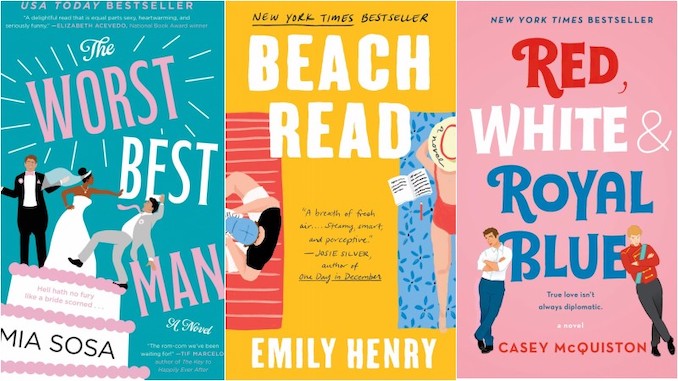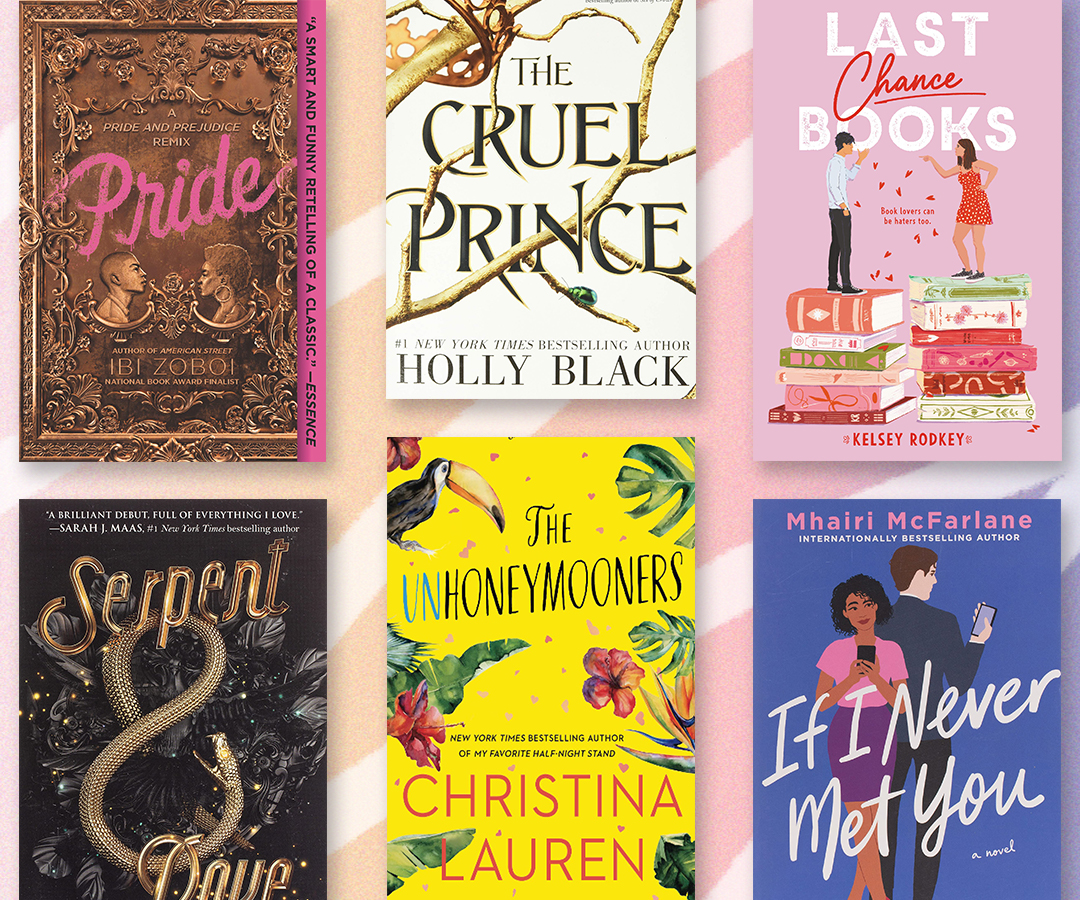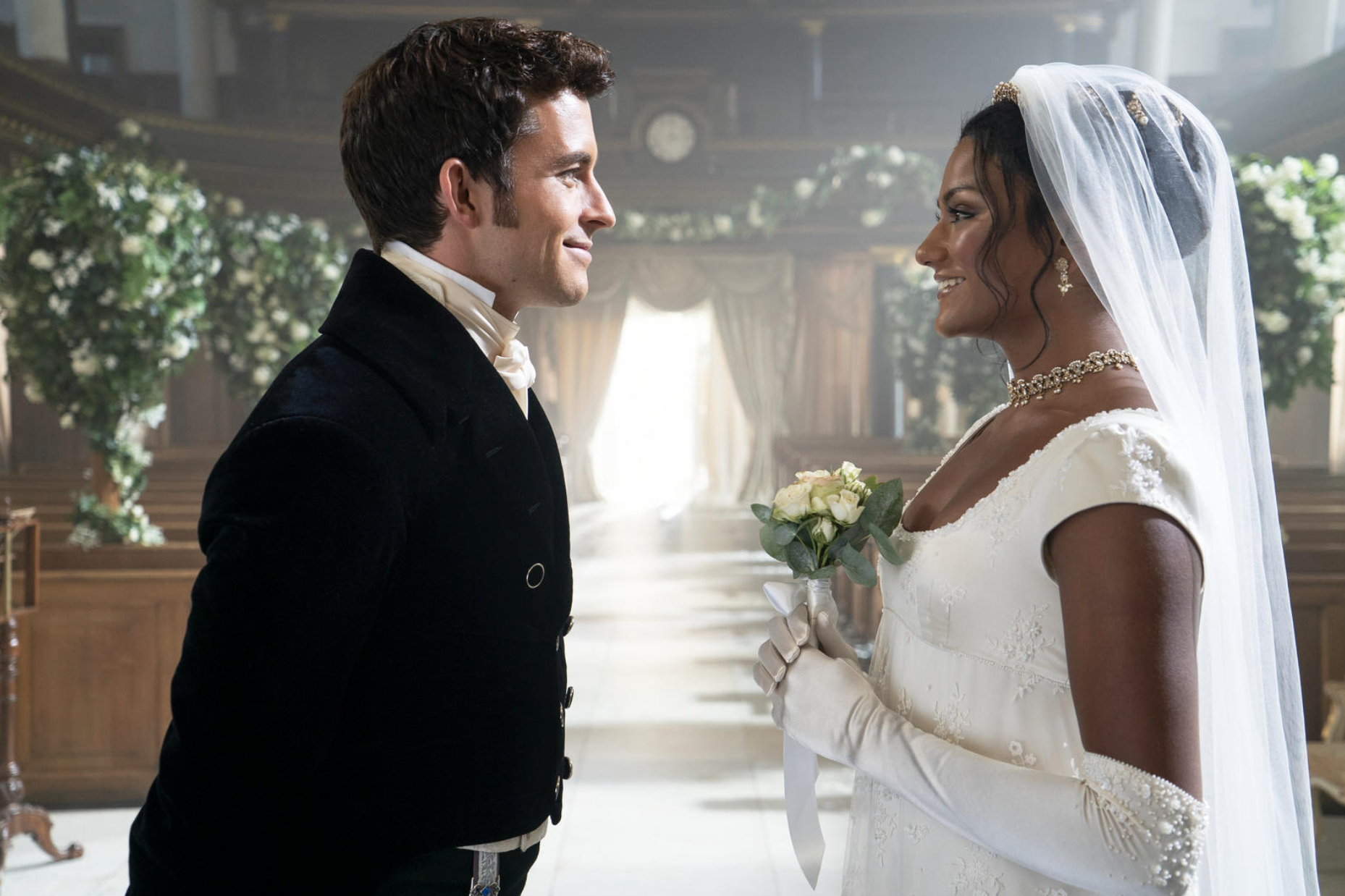To Love or to Hate: The Toxicity of Enemies to Lovers
Isabel DeSisto // Guest Writer
Tension, pining, and walking the thin line between love and hate are some of the many aspects that elevate a subpar romance to a fantastic one. Hatred is a strong feeling: my mom used to always yell at me for stating I hated something, because hate was “too strong of a word.” Despite a parent’s opposition to the heaviness the word seems to hold, an author can effectively utilize that strength and depth. Hatred is a way for authors to show deep emotion, even when it is much too early in the narrative for an actual true and deep love. However, in recent stories on both the page and the screen, there seems to be a blurry definition between what is abuse and what is romantic tension.


This abuse can be emotional or physical. Any type of abuse that is romanticized in a story is equally awful for the audience. Stories are not the only place where abuse is romanticized: how often are children taught, “He is only being mean to you because he likes you”? There is a difference between light banter and hair-pulling or bullying, and this message encourages the view that love is cruelty. Letting children grow up with this message is dangerous, as abuse becomes something that will likely be forgiven or overlooked. The idea of They are mean to me, so they like me being ingrained into children will not suddenly go away once they are adults. These types of comments stick with people and shape perspectives on love and romance. Creating a false illusion of love by romanticizing, hate, manipulation, physical harm, and other forms of abuse sticks with people watching or reading the story.
Sometimes, stories slightly touch on the abuse. However, often it is gone about extremely incorrectly, and the abuser does not face any grief or repercussions. They just get a rather-overused, slightly-unfortunate backstory that is supposed to explain their behavior to both the reader and the character. Often when I see this in books, the protagonist forgives the awful love interest immediately, as they have been hurt so much in the past. But being hurt does not give anyone the right to hurt someone who literally has nothing to do with it. It never makes sense and is only employed to make the readers like the abusive character again. This needs to be eliminated from stories, as it is not an excuse for abuse if someone has gone through issues in their life, and spreading an idea like this through literature and film makes it even more difficult for real people in these situations to walk away from their abuser, as they now may feel obligated to feel bad for them and stay together.
Complete manipulation, physical abuse, cheating, and other trauma-inducing actions are taught through both realistic romance and fantasy romance: whether it is a normal man or a 300-year-old vampire, it is not an excuse to set an unhealthy idea and expectation of romance. This is not to say it is necessary to throw out any books where love is grown from hate, just that if we read and write carefully, the blatant abuse can return to just harmless tension. Instead of making the readers coil back in disgust from the gross nature of the love interest, well-written and forgivable actions can once again be a part of a healthy plot.
Enemies to lovers is not a modern creation. Throughout time readers have been entertained by couples developed in this trope. Jane Austen often wrote her romance within this trope: in Pride and Prejudice, Elizabeth meets Darcy, who makes her detest the idea of marriage even more than before. In their story, though, there is no abuse or horrible words shared, simply some dislike for one another that eventually turns into unconditional love.


There are other healthy examples of this trope, such as when the early stages of a romance includes tension and some dislike, but no physical violence or other toxic behaviors are employed to make up for a lack of chemistry. Anthony and Kate from Bridgerton, for example, initially dislike each other before they find themselves caring for one another. The hatred does not result in unforgivable actions or violence. It is an extremely healthy form of hate (which is a contradiction in itself), and it shows the appeal to the enemies to lovers trope. To contrast this, I remember feeling rather uncomfortable during much of Serpent & Dove, as it did not feel like romance; rather, it felt like complete hatred based on something that is unchangeable. Of course, this is a fantasy book, and witches and witch hunters would not like each other — still, the male romantic lead consistently treats his female love interest horribly. If a book is read and the plot or characters are not remembered, but remembering the feeling of disgust and discomfort due to emotional distress is, you have a problem.It is time to stop romanticizing abuse, as even without the idea of it being love, it can already be difficult for victims to escape. Of course, it is completely fine to want to see some tension turned into love, and it can even be comforting to see that growth. If done right it can remain a completely healthy and safe genre of books. That said, if it continues to become darker and more abusive, it will send negative messages to the readers on what love is. The moral of the story is: if you want that type of tension-filled love story, do not go for a stalker vampire named Edward Cullen, or any other character that was inspired by the Twilight series.
